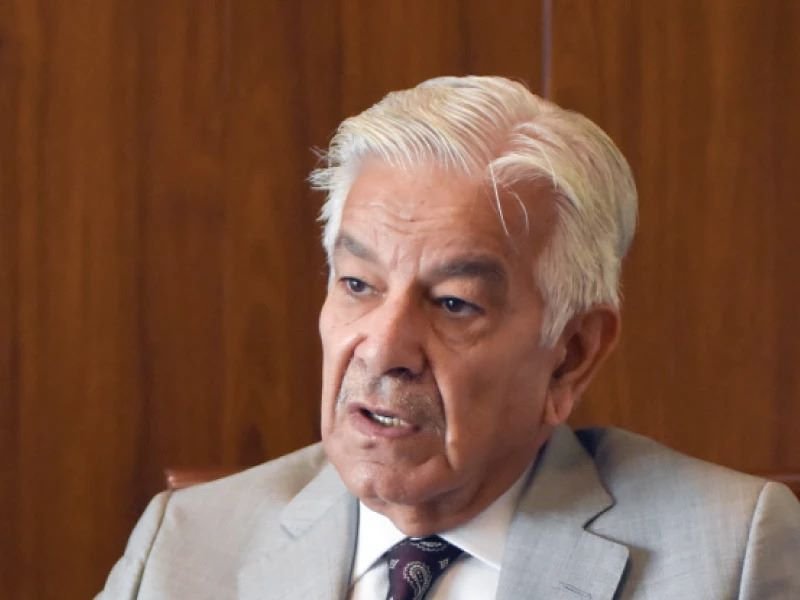Islamabad (TDI): Defense Minister Khawaja Asif revealed on Thursday that his Indian counterpart, Rajnath Singh, opted not to endorse the joint statement at a Shanghai Cooperation Organization (SCO) defense ministers’ meeting in China, all because he wasn’t given a second opportunity to speak.
Speaking to a private news channel, Asif said that Singh had already addressed the gathering during his assigned turn, in accordance with the alphabetical order of speakers. However, when he requested a second chance to speak, the conference chair China declined, citing protocol.
Asif explained that this refusal led to Singh’s frustration, and in protest, India chose not to sign the communiqué, which had otherwise received consensus from all other participating countries.
The defense minister argued that India’s decision isolated it diplomatically, claiming Prime Minister Narendra Modi’s aggressive policies were further eroding India’s credibility on the world stage.
Read More: China Hosts SCO Defense Summit Amid Global Tensions
He accused India of global misconduct, including its alleged role in the killing of a Sikh leader in Canada, terror activities in the US, and continued sponsorship of attacks inside Pakistan. Asif also mentioned the case of Indian spy Kulbhushan Jadhav and the Jaffar Express bombing as part of Pakistan’s evidence presented during the session.
Asif added that references to Indian Illegally Occupied Jammu and Kashmir (IIOJK) and instability in Balochistan had been included in the draft statement, which could have been another reason for India’s refusal to sign.
He clarified that the SCO joint statement requires unanimous approval and cannot be released if even one member refuses to sign which, in this case, was India.
Read More: What Was the SCO Defense Ministers Meeting All About?
Khawaja Asif emphasized that while terrorism is a threat to all, it should not be politicized. He warned against states using anti-terror campaigns as a cover to mask their own internal problems or to target rivals unfairly.
He reiterated Pakistan’s position that Kashmir remains an unresolved conflict posing a serious risk to international peace. Asif also reaffirmed Islamabad’s strong condemnation of terrorism in all its forms and called for accountability for those who sponsor such acts, directly referencing attacks like the one on the Jaffar Express in Balochistan.
Farkhund Yousafzai is an Associate Editor at The Diplomatic Insight.



